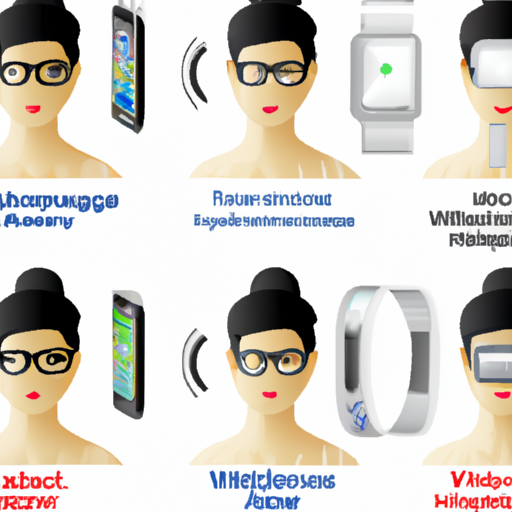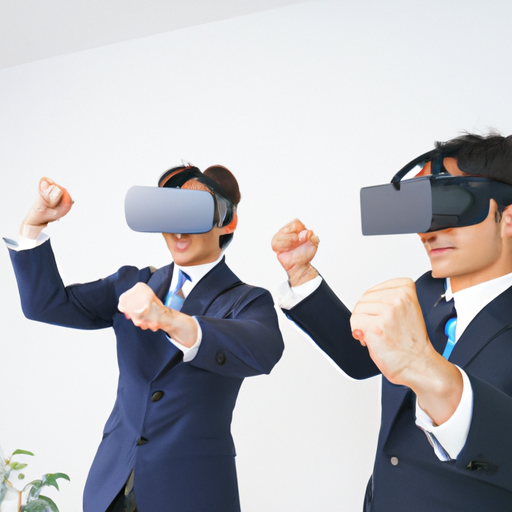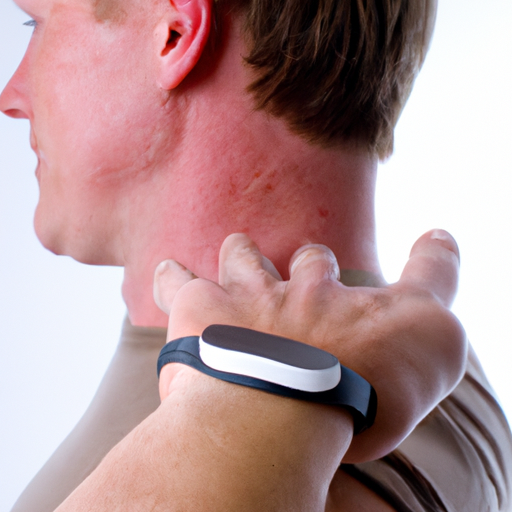In today’s fast-paced world, technology continues to evolve, and one of the most exciting advancements is in smart wearables. These innovative devices are changing the way we monitor our health and fitness by providing real-time data and insights. This blog post explores the rise of wearable technology and its impact on our daily lives.
What Are Smart Wearables?
Smart wearables are electronic devices that can be worn on the body, typically as watches, bands, or even clothing. They are equipped with sensors that track various metrics such as heart rate, calories burned, steps taken, and sleep quality. Some examples include:
- Fitness trackers
- Smartwatches
- Health monitoring devices
- Smart clothing
The Benefits of Smart Wearables
The integration of wearable technology into our lives offers numerous benefits:
- Health Monitoring: Smart wearables provide continuous monitoring of vital signs, helping individuals manage chronic conditions and promote preventative care.
- Fitness Tracking: With built-in GPS and fitness metrics, users can track workouts, set goals, and stay motivated on their fitness journey.
- Sleep Quality Analysis: Tracking sleep patterns helps individuals understand their sleep cycle and improve rest quality, leading to better overall health.
The Role of IoT in Wearable Technology
The Internet of Things (IoT) plays a significant role in the functionality of smart wearables. By connecting these devices to the internet, users can sync their data with smartphones and cloud platforms. This interoperability allows for better analysis and integration of health data, giving users comprehensive insights.
Popular Smart Wearables on the Market
There are countless options available when it comes to smart devices. Some popular choices include:
- Apple Watch: Known for its health features and seamless integration with iOS devices.
- Fitbit: A pioneer in the fitness tracker market, offering a range of devices catering to different fitness levels.
- Garmin: Specializes in GPS-enabled devices ideal for athletes and outdoor enthusiasts.
- Oura Ring: A discreet ring that tracks sleep and wellness metrics.
Challenges and Considerations
While smart wearables hold great potential, there are challenges to consider. Data privacy concerns are significant, as users must trust that their personal health data will be secured. Moreover, battery life and the comfort of wearing these devices for extended periods can impact user experience.
Conclusion
The future of smart wearables is bright, with ongoing advancements in technology that enhance their functionality and user engagement. As they continue to evolve, we can expect these devices to play an increasingly vital role in promoting health and fitness, ultimately leading to a healthier society.
Are you ready to embrace the smart wearable revolution? Start your journey towards better health today!




